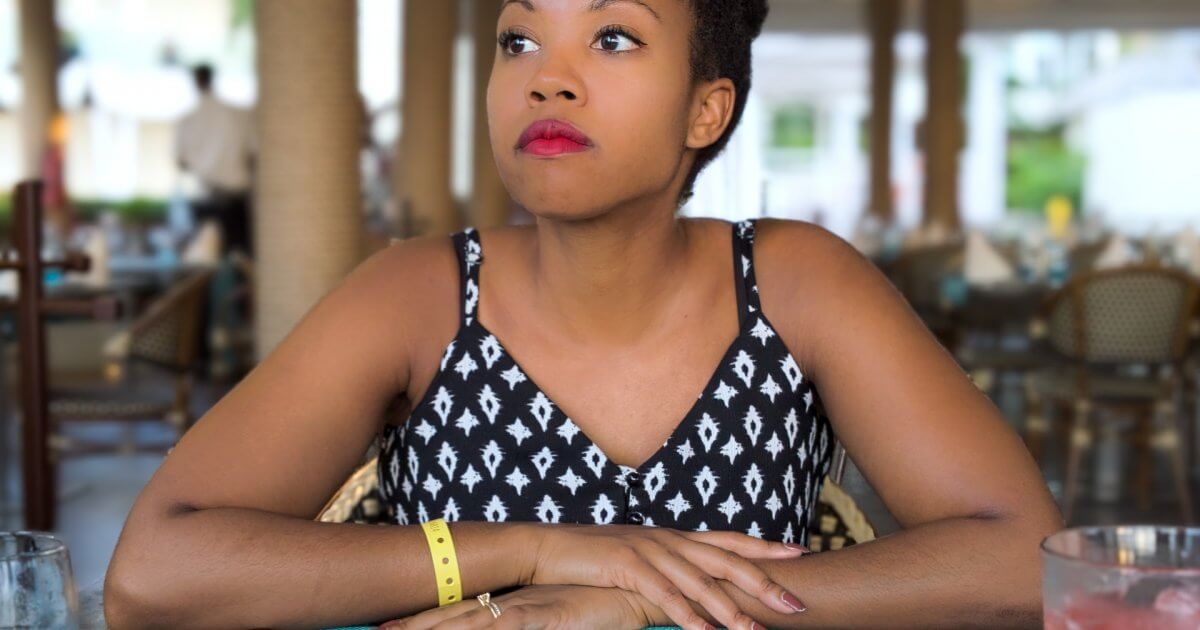Cervical Cancer Screenings Shouldn't Be Skipped
- Pap smears are one of the easiest and most effective ways to prevent cervical cancer.
- Anyone with a cervix between the ages of 25 – 65 should be screened regularly for cervical cancer.
- Just because you have received the HPV vaccine doesn’t mean you can skip cervical cancer screenings.
If you're between the ages of 25 – 65 and you haven't had your cervix surgically removed, there's no good excuse to skip regular pap smears and/or HPV testing. Along with the HPV vaccine, they're one of the most effective ways to prevent and detect cervical cancer early.
Read MoreI'm too old
According to the American Cancer Society (ACS), guidelines, anyone with a cervix between the ages of 25 – 65 needs to be screened regularly for cervical cancer. They recommend one of three options:
- A primary human papillomavirus (HPV) test every 5 years.
- A co-test that combines an HPV test with a pap test every 5 years
- A pap test alone every 3 years
Only when you reach the age of 65 are you off the hook, ifand this is a big ifyou've had 10 years of regular screenings without any abnormal results.
Related: 'Controversial' HPV Vaccine Shown to be Highly Effective in Wiping Out Cervical Cancer
2. I'm not having sex anymore/I only have safe sex
Unless you've never once had sex and never will, you're not immune from HPV infection. While using condoms and having a faithful relationship with one partner may lower your risk of getting HPV, there's still risk. For example, areas that aren't covered by a condom can be infected, and even if you only have one sexual partner, you can be infected.
3. I'm done having kids
Don't stop seeing your OB/GYN just because you're done having babies. Unless you've had a hysterectomy, you need to continue getting screened for cervical cancer until you're 65.
In fact, women who have three or more full-term pregnancies are at greater risk for developing cervical cancer. This may be due to increased sexual activity and/or changes in hormones and the immune system during pregnancy that may encourage HPV infection and cancer growth. If you get pregnant before the age of 20, your risk is also higher.
4. I got the HPV vaccine
Good for you! Almost all cervical cancer is caused by an HPV infection. However, according to the Centers for Disease Control, you still need to be screened because the vaccine doesn't protect against all types of HPV that cause cervical cancermost but not all. Also, if you were sexually active before you got the vaccine, it may not offer full protection if you were already exposed to HPV.
5. I'm too busy
This is the excuse we make far too often for all sorts of important medical screenings, but prevention is key and can save not only time and stress down the line but lives. Cervical cancer screenings can find pre-cancers, which can be removed before they turn into cancer as well as early-stage cervical cancer that's easier to treat.
Related: New Cervical Cancer Screening Guidelines Recommend HPV & Pap Testing Now Start at Age 25
So, if you've been making excuses, now is the time to stop. Schedule your pap or HPV now. No one said the procedure is fun, but it's simple, quick and could save your life.
Learn more about SurvivorNet's rigorous medical review process.


